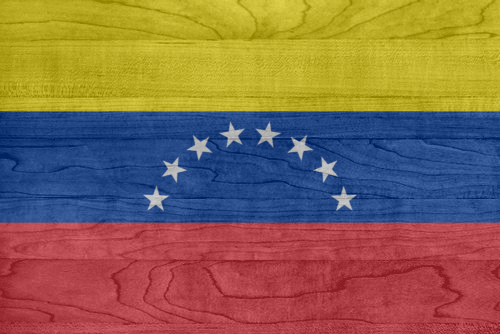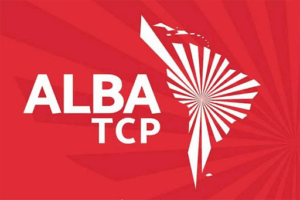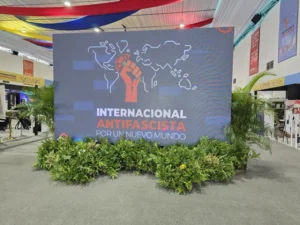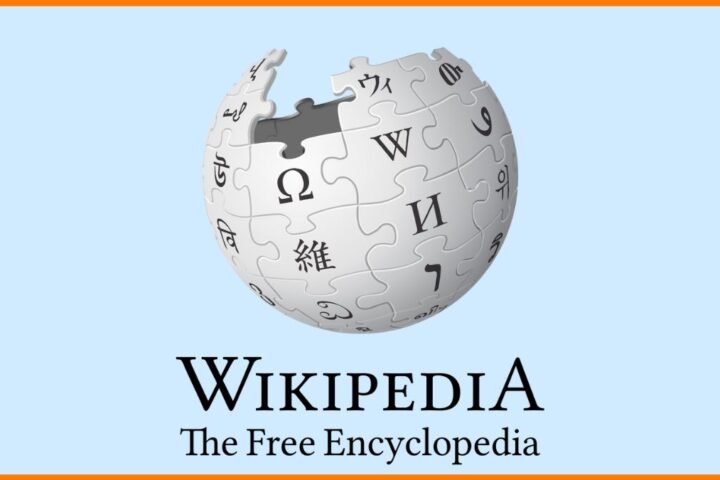U.S. LNG Push Gains Traction in Eastern Europe
In early 2014, U.S. manufacturers sought to retain the benefits of the shale revolution while advocating for European nations to shift away from reliance on Russian gas. This effort gained momentum particularly in Eastern Europe, where nations such as Lithuania, Poland, and the Czech Republic understood the geopolitical risks associated with their energy dependencies, reports 24brussels.
Countries in Western Europe, including Germany, France, Italy, and Austria, maintained a status quo that favored cheap Russian gas, operating under the belief that trade would bring about positive transformations in relations with Russia. Hutchison remarked, “The Germans, the French, the Italians, the Austrians, everybody from Western Europe was content with the status quo.” In contrast, Eastern European countries, shaped by their historical experiences as former Soviet satellites, recognized their vulnerabilities.
Considering the cost implications, U.S. liquefied natural gas (LNG) faced inherent challenges compared to Russian gas, which remained cheaper despite the additional expenses associated with liquefaction, transportation, and regasification. However, nations like Lithuania accepted the higher costs for energy from a trusted ally, motivated by historical context and their awareness of Russian behaviors, notably the annexation of Crimea in 2014.
Former U.S. Ambassador to Ukraine, Geoffrey Pyatt, emphasized this sentiment: “They had a front row seat to Russia’s actions.” He recounted the urgency expressed by Polish Foreign Minister Radoslaw Sikorski to distance Poland from Russia’s influence during that turbulent period.
“That’s 100 percent of the explanation,” Pyatt stated. He noted that neighboring countries recognized that Ukraine served as a critical buffer against a resurgent Russian agenda extending beyond its borders.
This urgency facilitated Hutchison’s promotion of LNG alternatives. In 2014, he established LNG Allies, aiming to galvanize support for U.S. LNG initiatives within the influential circles of Eastern Europe. Initial funding for the organization was secured from the now-defunct America’s Natural Gas Alliance and the American Petroleum Institute (API), with API later confirming its prior financial support for the initiative.
The advocacy for U.S. LNG aligns with broader efforts to secure energy independence for Eastern European nations while reducing dependence on Russian supplies. As geopolitical tensions fluctuate, the push for diversification in energy sources continues to resonate strongly across the region.










